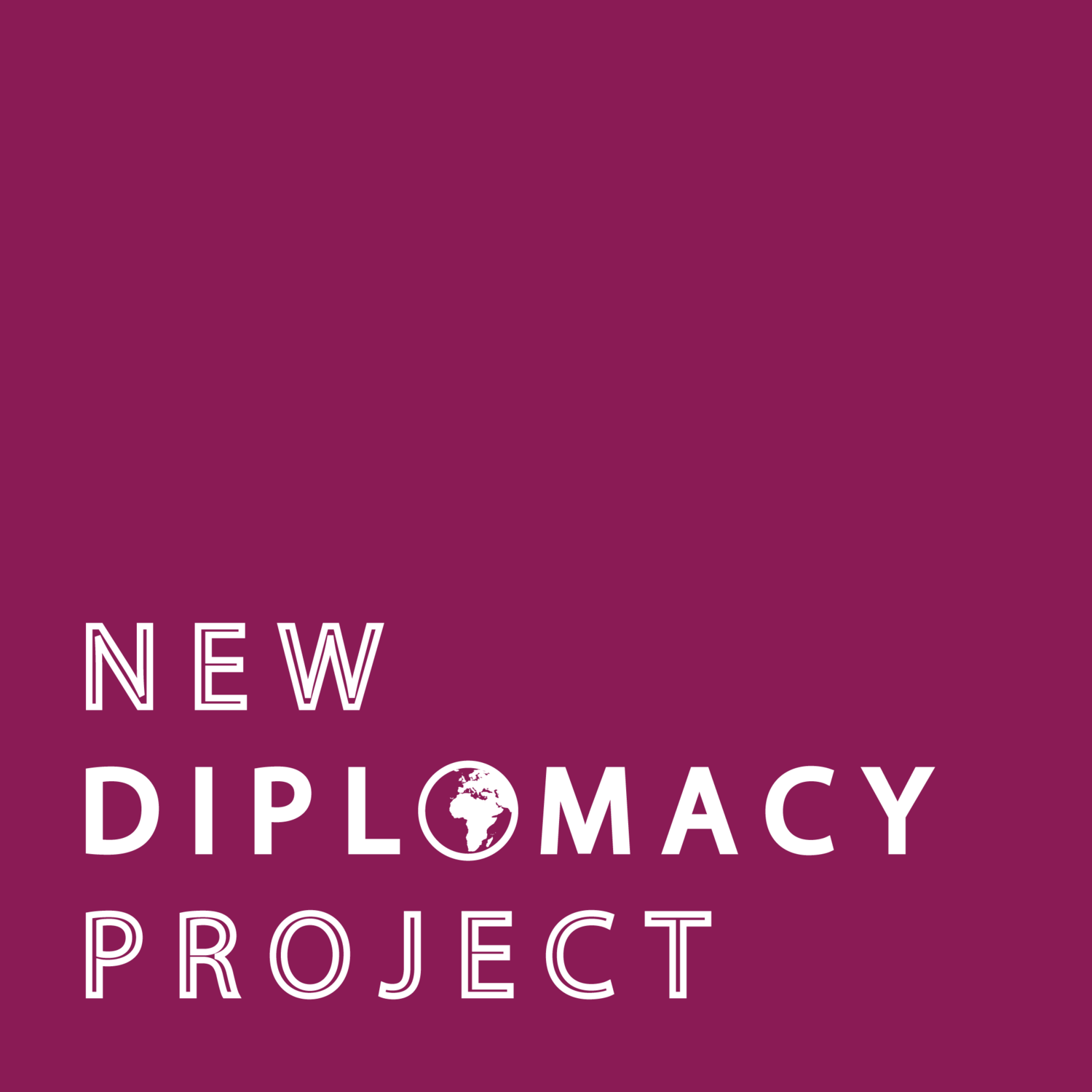The ‘network of liberty’: slogan or strategy?
Top lines
The ‘network of liberty’ is at present little more than a slogan. However, it is important to scrutinise and challenge this concept as it highlights multiple inconsistencies in the Government’s international policy.
The growing assertiveness of authoritarian actors means the UK has a key role to play in promoting democracy and human rights globally. It is vital that this is done through concrete action, not merely by speechifying about democratic values.
The ongoing Ukraine crisis has demonstrated that there is in fact a ‘network of liberty’, reflected in the coordinated response of democracies against Russia. However, the Government’s half-hearted approach to taking in Ukrainian refugees and the influence of Russian finance in the City of London both risk undermining the UK’s influence as a leading human rights and pro-democracy actor. While the Foreign Secretary has talked about liberty, the Government is yet to match rhetoric with action.
Labour’s response should focus on the narrowness of the network of liberty concept as largely market-focused, individualist and transactional. It should also use the slogan to highlight the Government’s rhetoric-heavy but strategy-light approach to foreign policy.
However, Labour should support the premise at its most basic, to the extent that the UK has a leading role to play in promoting democracy, human rights, equality, and good governance globally. The idea of a ‘network of liberty’ can be given substance in the following ways.
International development
Many democratic states and groups have launched their own ‘Counter Belt and Road’ projects in recent months. Labour should push the Government to explain how UK projects such as British International Investment and the ‘Clean Green Initiative’ will work in relation to the G7’s Build Back Better World and the EU’s Global Gateway.
While the Government has attempted to rebrand its international finance and development efforts, the reality is that punishing aid cuts have impacted the UK’s credibility in regions such as East Africa.
International trade
Labour should outline a clear policy position on what its approach would be to negotiating entry to the Comprehensive and Progressive Agreement for Trans-Pacific Partnership (CPTPP), continuing to set clear red lines on critical national industries and outlining its approach to championing high labour and environmental standards within the CPTPP.
Defence and security
Labour should ensure any expansion of AUKUS is not done so without meaningful consultation with regional actors such as Japan and Taiwan, as the most immediate stakeholders of any increased military tension with China. While including countries such as Taiwan and Japan in the nuclear submarine programme would be dangerously provocative, including them in the technology-sharing aspects of AUKUS would be worthwhile, and a gesture of partnership in the region.
Relations with Europe
Labour should commit to the restoration of positive UK-EU relations as a cornerstone of its future foreign policy, outlining specific areas of cooperation. This should be done both bilaterally with member states and with the European Union as a whole. Areas of clear mutual interest such as cross-border policing, condemning human rights abuses through fora like the UN, and sanctions are clear means of cooperation.
Photo: UK Foreign Secretary Liz Truss walks through the streets of New York ahead of a visit to meet Henry Kissinger, 20 September 2021. Picture by Simon Dawson / No 10 Downing Street via Flickr.
